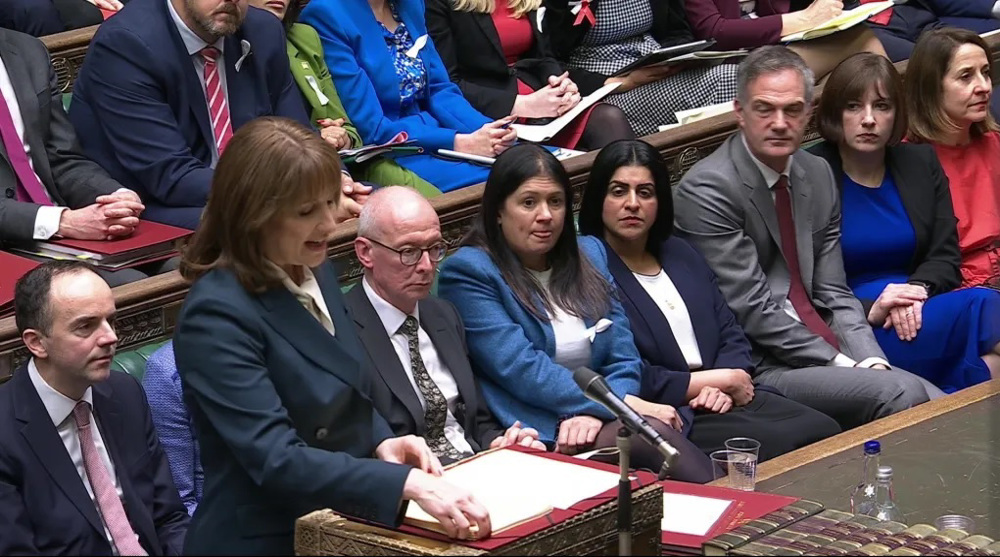Government’s immigration cap for skilled non-EU workers hit
The British Home Office has, for the first time in four years, confirmed the official cap on the recruitment of non-European Union skilled migrant workers.
Under the measure introduced by the coalition government in 2011, the cap applies on tier-two visas that cover migrants with annual earnings of more than £20,800.
The confirmation that the monthly allocation of tier-two filled for June had led to the rejection of some private and public sector applications to fill skilled vacancies.

Under the tier two, 20,700 posts are available annually to employers intending to recruit non-EU skilled workers who carry a certificate of sponsorship, meet language and funding requirements and have at least 70 points under the points-based immigration system.
The quota has now been split into monthly allocations under which, there were 1,650 posts for this month. The Home Office has not made it public as how many applications it received for June. But some media reports suggest that those who were refused visas included nurses, doctors and teachers.
Meanwhile, the Tory-led government is facing criticism for closing the door for “brightest and best” from around the world. There are also warnings that the policy could prove harmful to the British economic recovery.
“It [UK] has been allowing or obliged to allow unlimited immigration from the European Union and European economic area countries while restricting people coming from the countries that have close ties with the United Kingdom and of course it means they are having to restrict people who would be coming here and really making their contribution”, Robert Oulds, Director, Bruges Group told Press TV .

The reaching of the visa limit coincides with a new British drive to minimize the flow of skilled workers recruited from outside Europe. Prime Minister David Cameron recently proposed raising the qualifying salary thresholds, introducing a time limit on declared skill shortage areas and introducing a skills levy on visas to boost funding for apprenticeships.
He also asked the government’s independent immigration advisers to look for ways to restrict skilled migration. “It had been too easy in the past for businesses to recruit from overseas, undermining those in Britain”.
However, Cameron’s announcement to clampdown on immigration of skilled workers has angered the British business community which contends it could not only worsen already acute skills shortages but could damage the economy.

Some analysts favor hiring locally but say one cannot get magic people up with highly specific skills because they take years to develop.
“It would have been very helpful if the previous government have begun training British people in good job and technical areas. That’s something missing for many years now. An expert Michael Porter more than 15 years ago wrote about the skill gap within the British economy an so how we can’t compete at the moment globally because there’s not enough people with quality skills in science and engineering” Oulds concluded.
John Dickie, strategy director of the business organization London First also believes that the turning away every skilled migrant as a result of this cap will hit jobs and growth. "Highly skilled workers from overseas are good for the economy”, he said .
SKL/MTM/SKL
UN chief condemns new Israeli annexation project in occupied West Bank
Araghchi briefs foreign ministers of Turkey, Egypt and S. Arabia on US talks
JD Vance’s Caucasus trip deepens concerns over sovereignty, security and US meddling
VIDEO | Press TV's news headlines
Thousands rally in Australia against Israeli president's visit as police use pepper spray
Child among four killed as Israel attacks southern Lebanon in ceasefire breach
Russia vows ‘all possible assistance’ to Cuba as US squeezes oil supplies
Hezbollah leader: Israel‑US aggression is Lebanon’s main challenge









 This makes it easy to access the Press TV website
This makes it easy to access the Press TV website